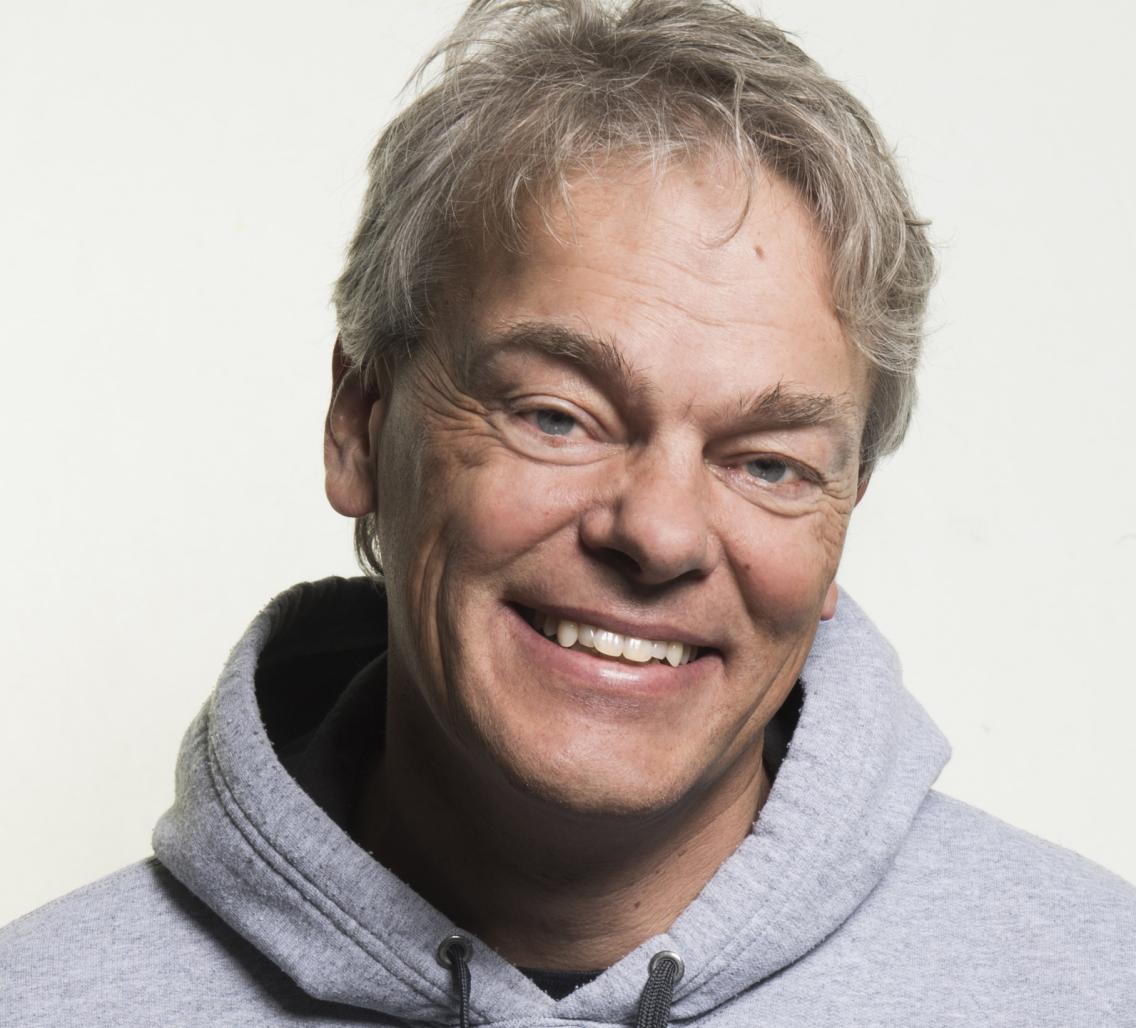Event Details:

Edvard Moser
Norwegian University of Science and Technology
"Space and time in entorhinal-hippocampal systems"
Abstract
The ability to map space is critical to survival. In mammals, space is mapped by neural networks in the hippocampus and the entorhinal cortex. These brain areas contain specialized position-coding cell types, including grid cells, which are active only when animals are at locations that tile environments in a periodic hexagonal pattern. I will first show how space is mapped by spatial cells in the medial entorhinal cortex. I will show that grid cells and other medial entorhinal cells form a low-dimensional representation whose structure persists across behavioural tasks and activity states. This representation includes a new type of cell – object-vector cells – which represent position as vectors from prominent landmarks in the arena pace. Then I will switch to time, which is less well understood. I will show how episodic temporal information is encoded across scales from seconds to hours within the overall population state of the lateral entorhinal cortex. In the hippocampus, this task-dependent representation of time may be integrated with spatial inputs from medial entorhinal cortex, allowing it to store a unified representation of experience.
Bio
Edvard Moser is a Professor of Neuroscience and Director of the Kavli Institute for Systems Neuroscience at the Norwegian University of Science and Technology in Trondheim. He is interested in how spatial location and spatial memory are computed in the brain. His work, conducted with May-Britt Moser as a long-term collaborator, includes the discovery of grid cells in the entorhinal cortex, which provides clues to a neural mechanism for the metric of spatial mapping. Subsequent to this discovery the Mosers have identified additional space-representing cell types in the entorhinal cortex and they are beginning to unravel how the neural microcircuit is organized. Edvard Moser received his initial training at the University of Oslo under the supervision of Dr. Per Andersen. He worked as a post-doc with Richard Morris and John O’Keefe in 1996, before he accepted a faculty position at the Norwegian University of Science and Technology the same year. In 2002 he became the Founding Director of the Centre for the Biology of Memory. In 2007 the Centre became a Kavli Institute. Edvard Moser is also Deputy Director of the newly established Centre for Neural Computation at the same institution. Together with May-Britt Moser, he has received a number of awards, including the 2014 Nobel Prize in Medicine or Physiology.